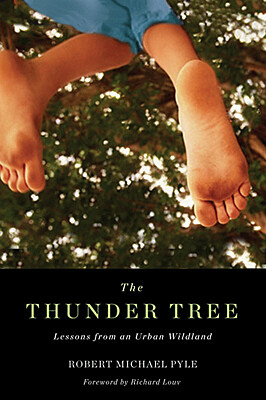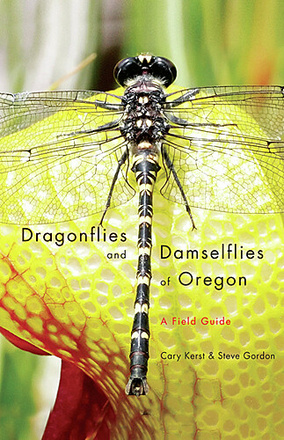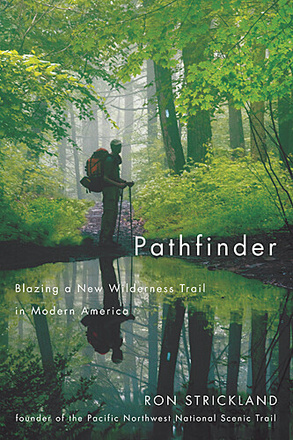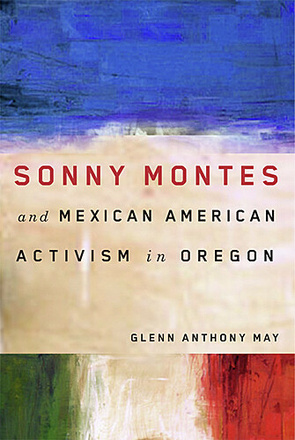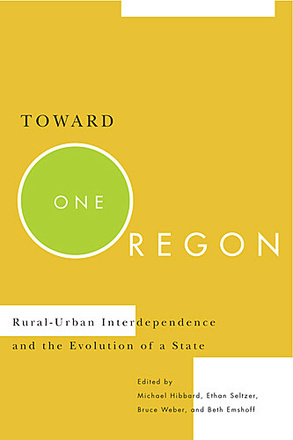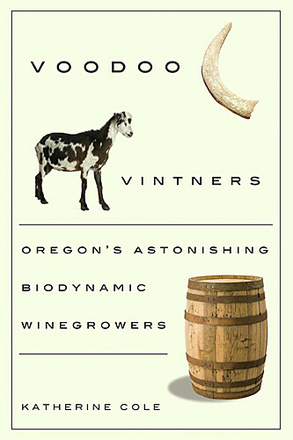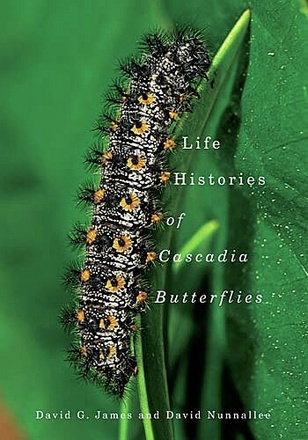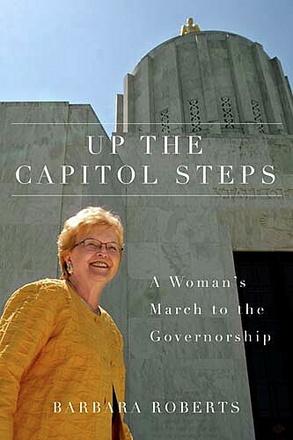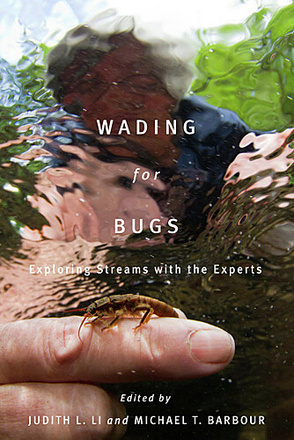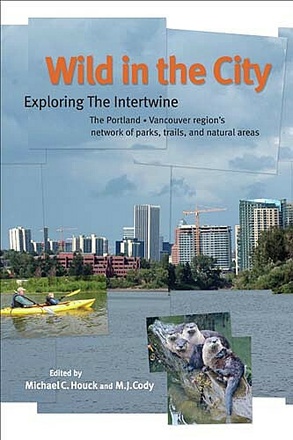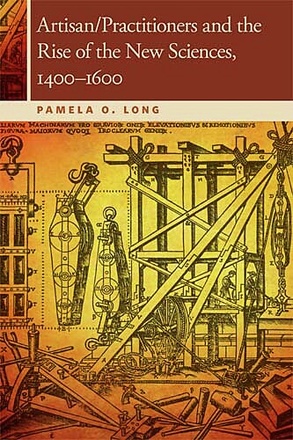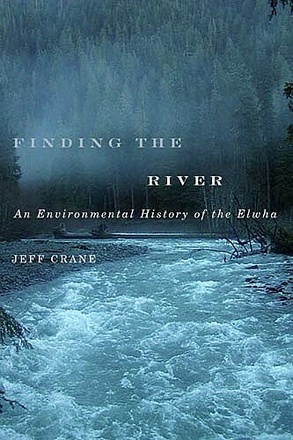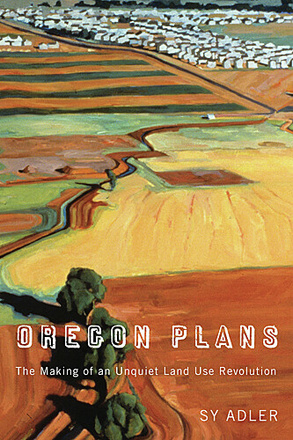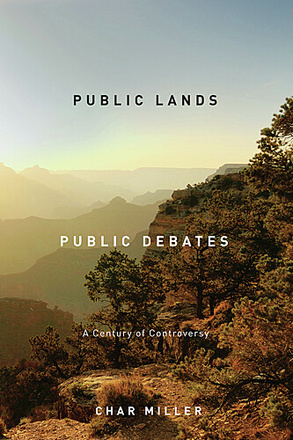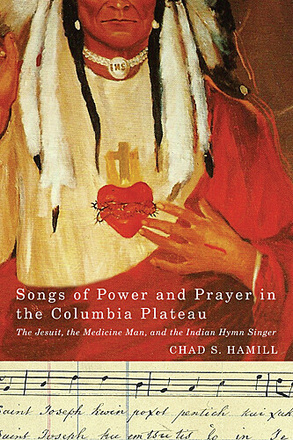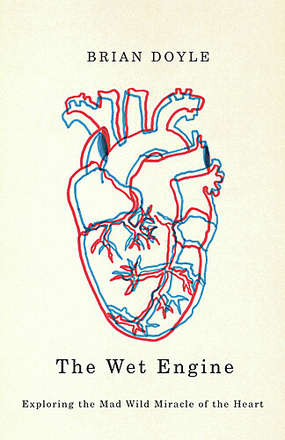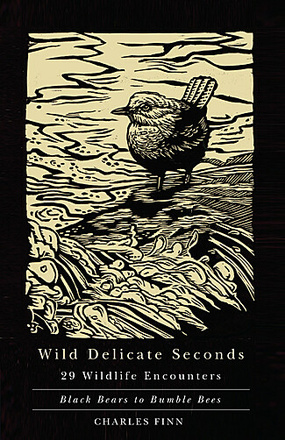Oregon State University Press
For fifty years, Oregon State University Press has been publishing exceptional books about the Pacific Northwest—its people and landscapes, its flora and fauna, its history and cultural heritage. The Press has played a vital role in the region’s literary life, providing readers with a better understanding of what it means to be an Oregonian. Today, Oregon State University Press publishes distinguished books in several academic areas from environmental history and natural resource management to indigenous studies.
Thunder Tree
Lessons from an Urban Wildland
Dragonflies and Damselflies of Oregon
A Field Guide
Pathfinder
Blazing a New Wilderness Trail in Modern America
Pacific Northwest Trail founder Ron Strickland shares his stories about and from the trail.
Toward One Oregon
Rural-Urban Interdependence and the Evolution of a State
Life Histories of Cascadia Butterflies
The first book to present the life histories of the entire butterfly fauna of a North American geographic region.
Wading for Bugs
Exploring Streams with the Experts
Field stories from aquatic biologists that reveal what it’s like to study stream insects and to make discoveries that could help stream health and conservation.
Wild in the City
Exploring the Intertwine: The Portland-Vancouver Region's Network of Parks, Trails, and Natural Areas
Artisan/Practitioners and the Rise of the New Sciences, 1400-1600
Finding the River
An Environmental History of the Elwha
Oregon Plans
The Making of an Unquiet Land Use Revolution
Public Lands, Public Debates
A Century of Controversy
Nineteen essays from an environmental historian that explore the U.S. system of public lands, the subject of historical struggle and contemporary debate.

